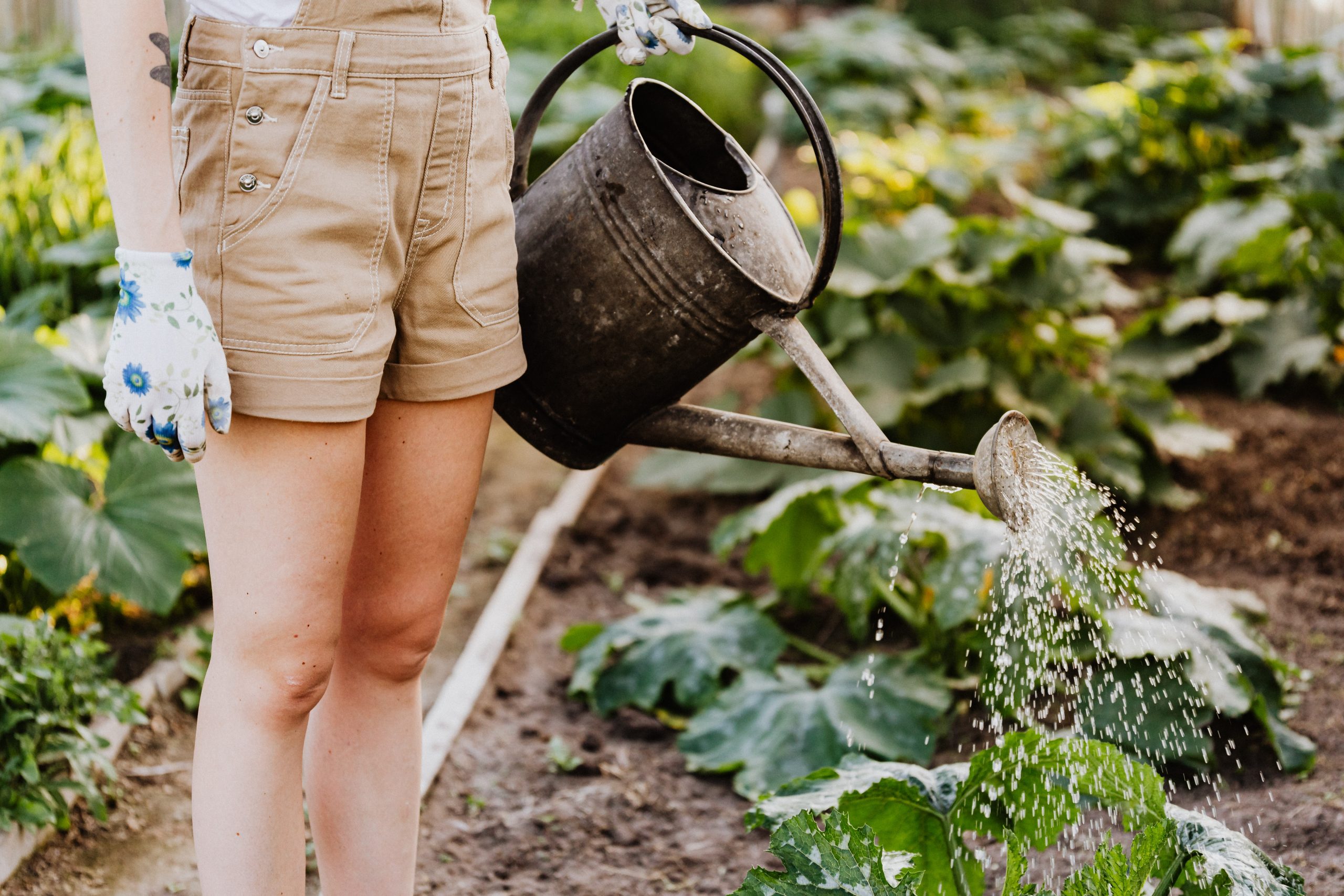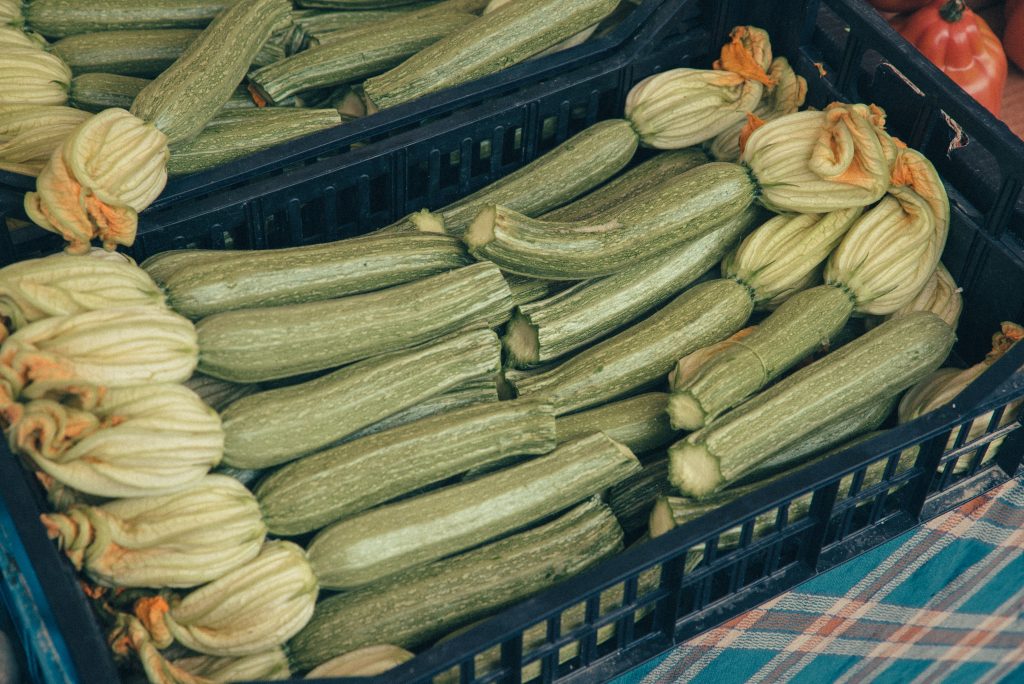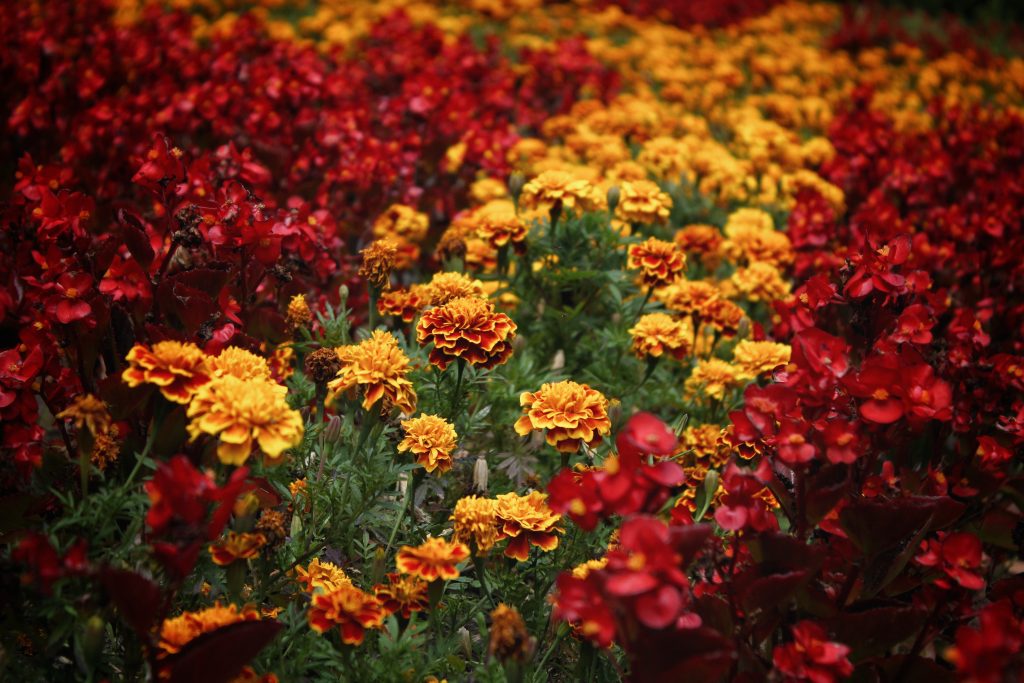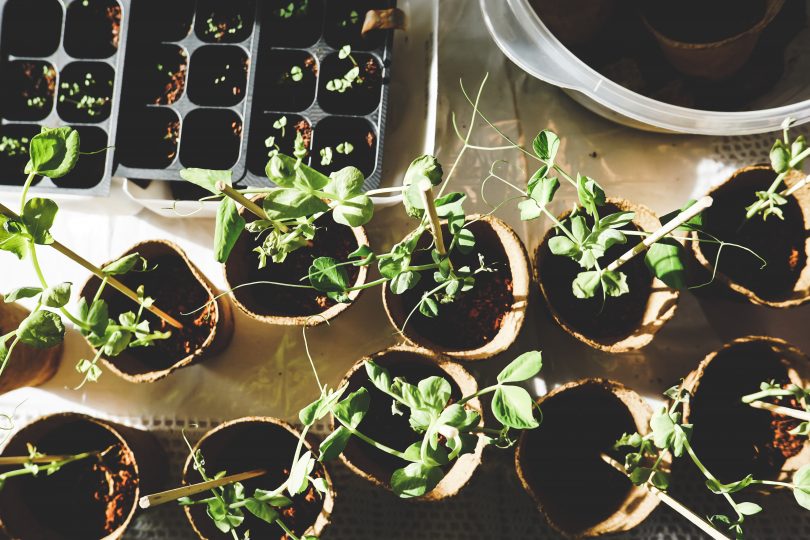Gardening can be an incredibly rewarding hobby, but for gardening beginners, it can be intimidating. With so many plants to choose from, it can be difficult to know where to start. Fortunately, there are many easy-to-grow plants that are perfect for beginner gardeners and require minimal effort.
What are the easiest plants to grow in your first garden?
Here are some of the best and easiest plants for beginner gardeners to grow in their backyards, along with some growing advice for each.

1. Tomatoes
Tomatoes are one of the most popular vegetables to grow in a backyard garden, and for good reason. They are relatively easy to grow, and they produce a lot of fruit. Tomatoes prefer warm temperatures and plenty of sunlight, so make sure to plant them in an area that gets at least 6 hours of sunlight a day. They also need well-drained soil and regular watering. When the tomatoes start to appear, make sure to stake them or provide support as they grow, as they can get heavy and fall over.
2. Zucchini
Zucchini is another vegetable that is easy to grow and produces a lot of fruit. They prefer warm temperatures and plenty of sunlight, so plant them in an area that gets at least 6 hours of sunlight a day. Zucchini needs well-drained soil and regular watering. When the zucchinis start to appear, make sure to harvest them regularly to encourage more growth. Harvesting when they are small is better because they can become tough and bitter if they get too large.

3. Basil
Basil is a great herb that is easy to grow and adds a lot of flavor to meals. It prefers warm temperatures and plenty of sunlight, so plant it in an area that gets at least 6 hours of sunlight a day. Basil needs well-drained soil and regular watering. Pinch off the leaves regularly to encourage the plant to grow bushier.
4. Sunflowers
Sunflowers are a beautiful pop of color to any backyard garden. They are easy to grow and can reach heights of up to 10 feet tall. Sunflowers prefer warm temperatures and plenty of sunlight, so plant them in an area that gets at least 6 hours of sunlight a day. They need well-drained soil and regular watering. Make sure to provide support for the sunflowers as they grow, as they can become top-heavy and fall over.
5. Marigolds
Marigolds are a great option for beginner gardeners because they are easy to grow and provide a lot of color to the garden. They prefer warm temperatures and plenty of sunlight, so plant your marigold seedlings in an area that gets at least 6 hours of sunlight a day. Marigolds need well-drained soil and regular watering. They also attract beneficial insects to the garden and repel pests, making them a great addition.

6. Peppers
Peppers are another vegetable that is easy to grow and produces a lot of fruit in a variety of colors and heat levels. They prefer warm temperatures and plenty of sunlight, so plant your seedlings in an area that gets at least 6 hours of sunlight a day. Peppers need well-drained soil and regular watering. Consider using a stake or pepper cage to support the plant as it grows and harvest them regularly to encourage more growth.
7. Cucumbers
Cucumbers are easy to grow and produce a lot of fruit – ideal for any backyard or patio garden. They prefer warm temperatures and plenty of sunlight, so plant seedlings in an area that gets at least 6 hours of sunlight a day. Cucumbers need well-drained soil and regular watering. Consider using a trellis to support the plant as it grows.
8. Mint
Mint is another great herb to grow in your backyard garden. It’s easy to grow and adds a refreshing flavor to your cooking. Plant your mint seedlings in a spot that gets partial shade, and make sure to keep the soil moist. Mint can spread quickly, so make sure to plant it in a container or in a spot where it won’t take over your garden.
![]()
When starting a backyard garden, gardening beginners must consider the soil and location. Plants need well-draining soil with plenty of nutrients to thrive. The location should receive ample sunlight for the plants to grow properly. Consider investing in a soil test kit to determine the nutrient levels of the soil and adjust accordingly.
Watering is another important factor to consider. Most plants need to be watered regularly to ensure they receive enough moisture to grow. It is important not to overwater, as this can cause the roots to rot. Consider using a watering can or hose with a nozzle to control the amount of water.








